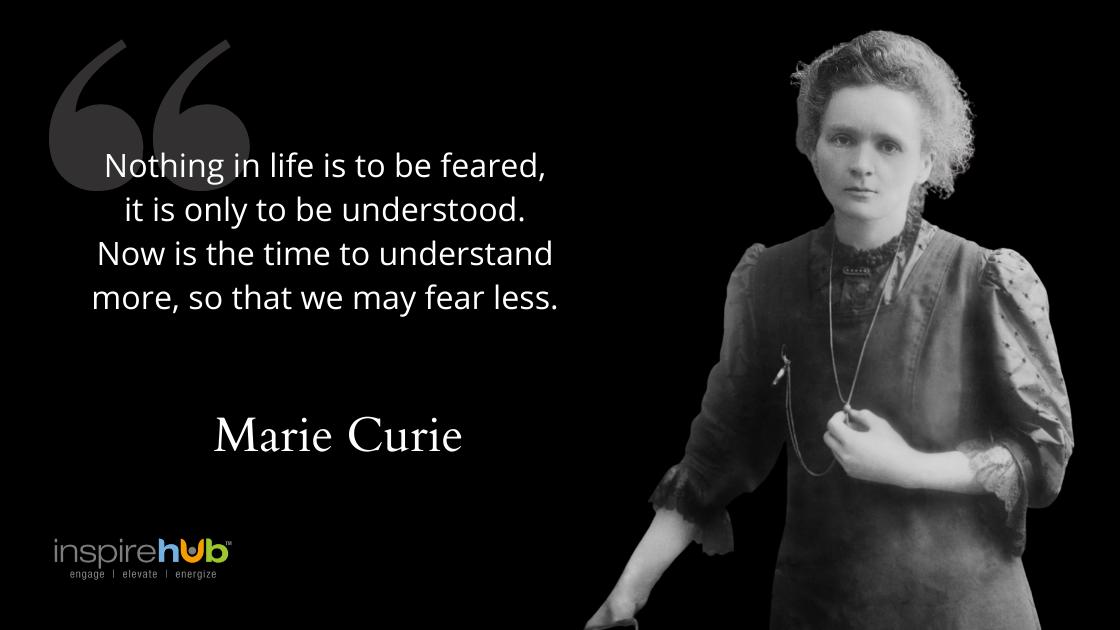
Leaders have a great deal of weight on their shoulders these days. In a time of great change -- economic, health and our very humanity -- how you communicate is just as important as what you say.
Back in 2018, workplaces replaced neighborhoods and places of worship for our sense of community. We asked ourselves what it meant for companies when professional services firm, EY, revealed that more people get that sense of belonging from their jobs than any other source, outside of their own homes. With the lines between work and home blurring more than ever as pandemic lockdowns morphed the two into the same physical space overnight, the impact of that burden is apparent.
To draw on a truth from our article 3 ways to navigate crisis leadership communications during COVID-19: no amount of practice prepares you for the very human challenges of a pandemic. People are stressed and afraid. They’re suffering losses and dealing with uncertainty. When people are compromised, communicating with empathy and compassion is more important than ever. The most important part of your business continuity plan is the wellness of your people.
Navigating crisis management starts with empathy
Having just wrapped up our 5 part series on small business mentorship, it seemed like a suitable end cap to tuck in some words of wisdom that our President, Karolyn Hart learned from her own mentor about the power of empathy in leadership at times of crisis. Here's what she shared:
"A gentle answer turns away wrath..." I try to remind myself of this whenever I am presented with someone who is angry, offensive, or argumentative. On the occasions when I DO remember, it has always presented the opportunity to explore and gain insight into the other person.
One of my mentors helped me with a visual. He told me to imagine a person riding atop an elephant. The elephant is our emotions, and the rider is our logic. Do you think if our emotions decide to charge off in their own direction that our logic has a chance? It doesn't for a variety of reasons, including biological ones. When we are escalated, our executive functioning (logic) is impacted. We love to imagine that we are logical creatures that control our emotions, but researchers have found that we are emotional creatures foremost, and our logic is often along for the ride.
That's why practising the act of a gentle answer is so critical as we navigate this world. It not only helps us gain more understanding but also give more understanding. I think we can all agree that gaining and giving understanding is something the world will always need.
“Nothing in life is to be feared; it is only to be understood. Now is the time to understand more, so that we may fear less.” ― Marie Curie
#leadwithhart

We've tucked a few more resources you might find helpful into the "Related Posts" section at the bottom of this article, including A company culture based on empathy? 13 reasons why ... where I shared a very personal look at how Karolyn puts those words into action here at InspireHUB.
The most important part of your business continuity plan is the wellness of your people. They're your most powerful and precious resource. Always.
Looking for more small business help?
.png)
The Ultimate Small Business Survival Guide is Here
We've been helping InspireHUB clients not just survive during this time but THRIVE! We collected all of our advice and made it available for FREE as our great big give-back during this difficult time. Included in this FREE Guide:
- Transformation Readiness Assessment
- Practical Marketing Help
- Proven Strategies to Pivot Your Company
Leading in a crisis is never easy. At InspireHUB, we've been operating as a 100% remote team for seven years, an experience that has allowed us to shape a company culture and set of empathy-based practices that make communicating and building trust with disparate people with diverse needs across multiple time zones easier.
Still, no amount of practice prepares you for the very human challenges of a pandemic. People are stressed and afraid. They’re suffering losses and dealing with uncertainty. When people are compromised, communicating with empathy and compassion is more important than ever. The most important part of your business continuity plan is the wellness of your people.
Whether the crisis you’re facing is COVID-19 or some other challenging situation, there are 3 powerful choices that will help you create a culture of care and provide effective leadership to clients and employees...
It's one thing to make policies that put people first in company culture. It's another thing entirely to model them. But being part of a corporate social experiment designed to prove that putting the bottom line and people first are not competing ideals? Better buckle up!
Getting beyond lip-service often means a lot of falling down and getting things wrong before you find your groove. Our Founder, Karolyn Hart, jokes about our being "UnInspireHUB" while we fumbled through the transition from a more traditional workplace to the 100% remote -- and empowered -- workplace we have now. She's bent on disrupting some of the most toxic foundations of corporate culture, starting with ours.
Something funny happens when you treat people like capable adults. They tend to rise to the occasion, and so does your ROI.


